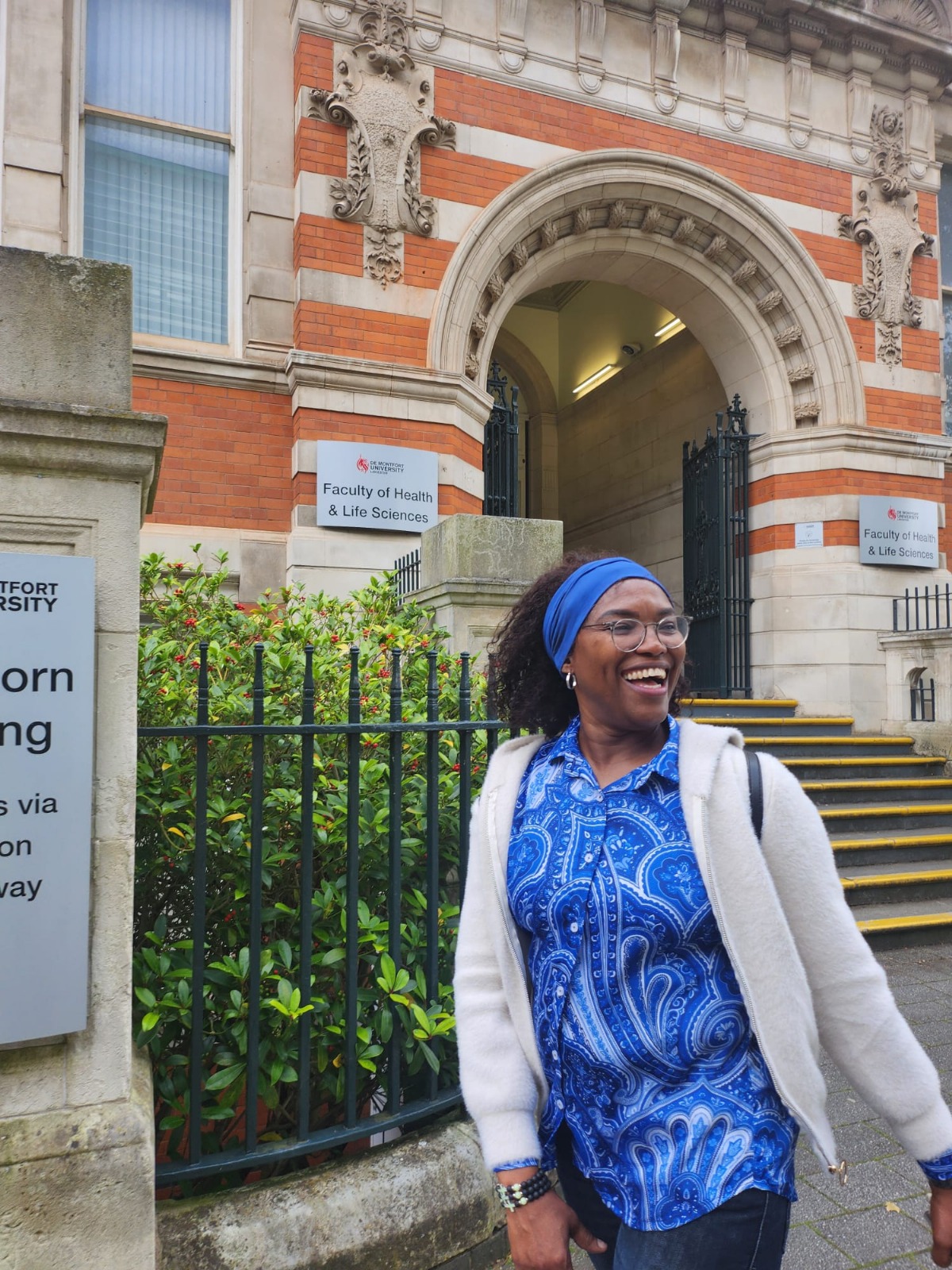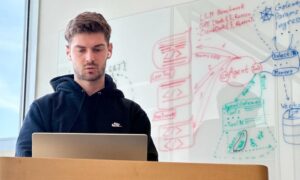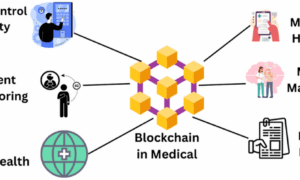In an age where technology is redefining healthcare, one researcher is making sure no child or caregiver is left behind, Mrs. Nkoyo Lynn Majebi, an independent researcher and healthcare strategist based in the UK, has emerged as a leading voice in bridging the gap between underserved populations and equitable access to developmental diagnostics through digital health tools.
Technology for Patients
From autism screening in marginalized communities to caregiver empowerment in Britain’s recovery centers, Mrs. Majebi’s work spans cutting-edge research and community centered action.
Mrs. Majebi’s widely cited work, “Bridging the Autism Diagnosis Gap through Digital Inclusion in Underserved Communities,” highlights the structural inequities in autism diagnosis. Traditional diagnostic pathways which is totally dependent on in-person assessments by specialists have long excluded children in rural, low-income, or racially marginalized areas.
“Diagnosis shouldn’t be a privilege,” Majebi explained. “AI-powered tools and mobile apps give us the opportunity to screen children remotely, early, and accurately. The technology already exists. The challenge is to deploy it equitably.”
Her recent research proposes a framework that merges telehealth platforms, culturally competent AI algorithms, and caregiver education. The goal is early detection of conditions like Autism Spectrum Disorder (ASD), speech and language delays, and ADHD before they become developmental limitation.

Beyond Autism: Managing Developmental Disorders Holistically
In another significant publication, “Leveraging Digital Health Tools to Improve Early Detection and Management of Developmental Disorders,” Mrs. Majebi expands her lens. The paper delves into how digital health tools have great potential of reshaping how clinicians and families detect and manage developmental issues.
“Parents are no longer passive observers,” she says. “With mobile apps that track behavior, wearable devices that monitor sleep and movement, and real-time virtual consultations, we’re enabling caregivers to become first responders in their child’s developmental journey”
But she cautions that the digital boom can exacerbate inequality. “Access doesn’t end at having a smartphone. It includes digital literacy, culturally relevant content, and trust in the system”.
Digital Safety for the Digital Generation
Even before her focus on pediatric health, Mrs. Majebi was asking difficult questions about child protection online. In “Child Safety in the Digital Age,” she drew from historical media regulation to argue for modern cybersecurity policies that protect children’s data and autonomy.
“There are parallels between content safety on streaming platforms and data safety in AI diagnostics,” she explains. “Both require proactive regulation, transparency, and ethical frameworks.”
Caregiving in the UK: Empowerment on the Front Lines
While her publications reach a global audience, Majebi’s on-the-ground efforts in the United Kingdom are deeply personal and immediate. She is currently working with support agencies across England to improve outcomes for caregivers handling complex cases including those supporting physically impaired patients, individuals with mental health challenges, and people recovering from substance abuse.
Through workshops, digital training modules, and integrated care planning, her team is helping non-professional caregivers develop confidence in using digital reminders for medication adherence. “Caregivers are often overlooked in policy and in practice,” she says. “We are making sure they have both the knowledge and the technological support to care more effectively without burning out.”
What’s Next? Tech with a Human Touch
Looking ahead, Mrs. Majebi is exploring the integration of augmented and virtual reality in developmental assessments, particularly for children with sensory sensitivity. She’s also collaborating with interdisciplinary teams to build more culturally adaptive models that better reflect diverse populations. She believes that the next frontier is not just innovation but it’s inclusion. “We don’t need more apps for those already served. We need digital tools that meet children and caregivers, within their context, language and level of tech adoption”
Nkoyo Lynn Majebi’s work reminds us that true innovation lies not only in what we build but in who we build it for. And as she continues to push the boundaries of digital inclusion in health care, her passion and mission is clear: every child counts, and every caregiver matters.


































